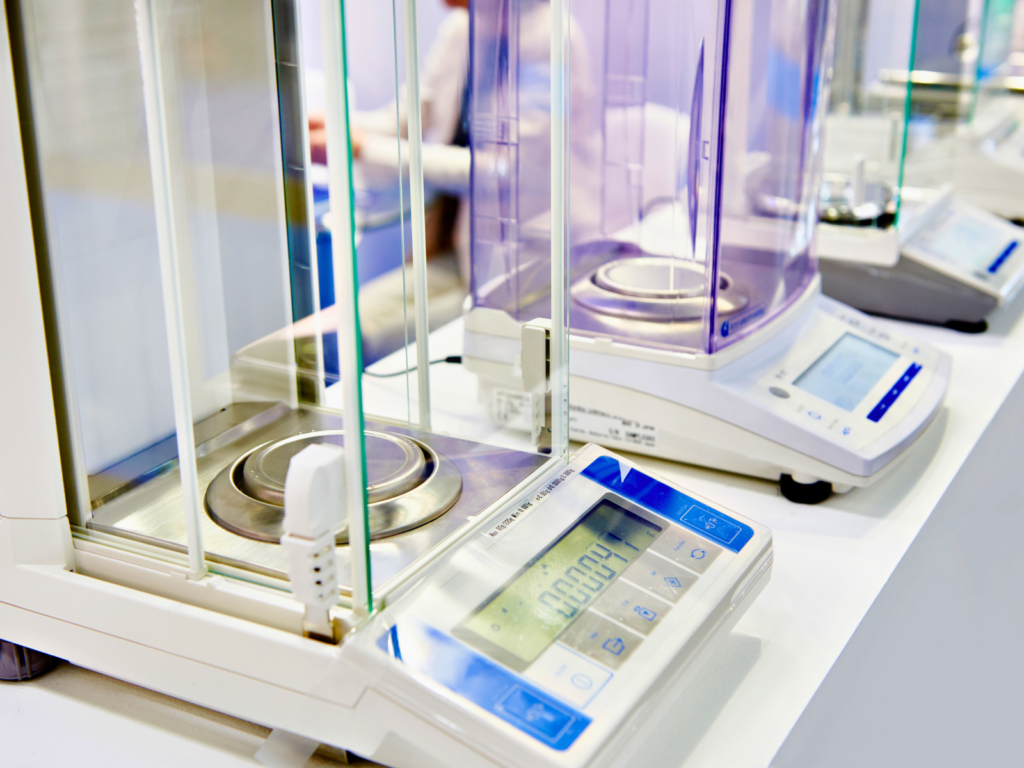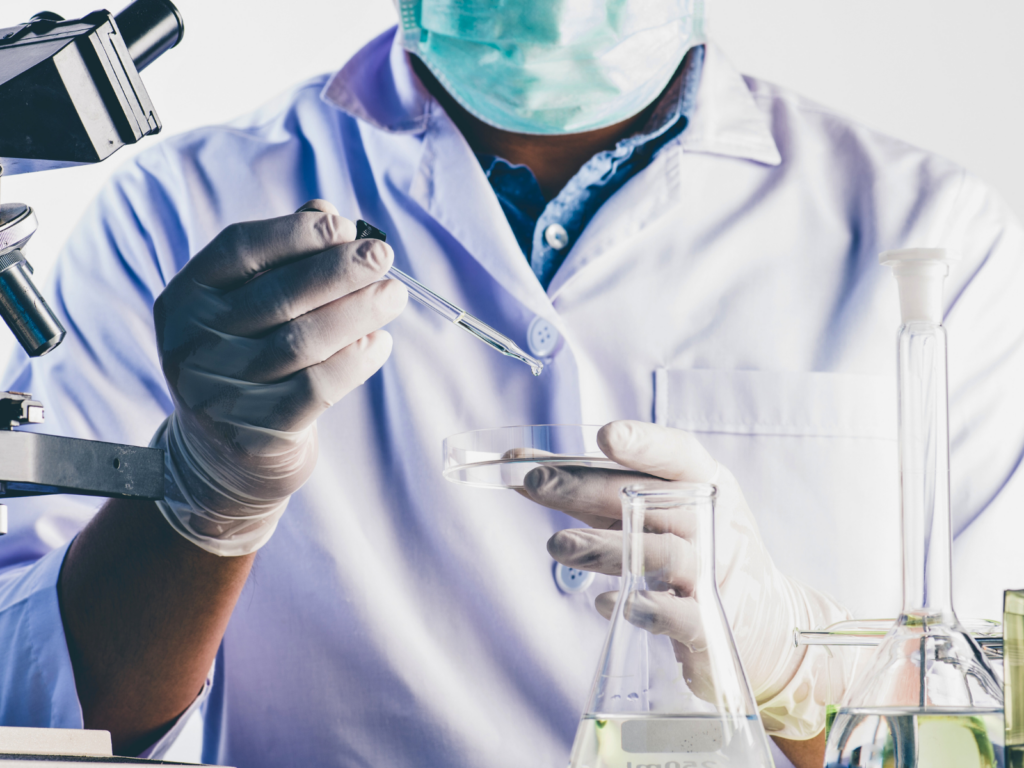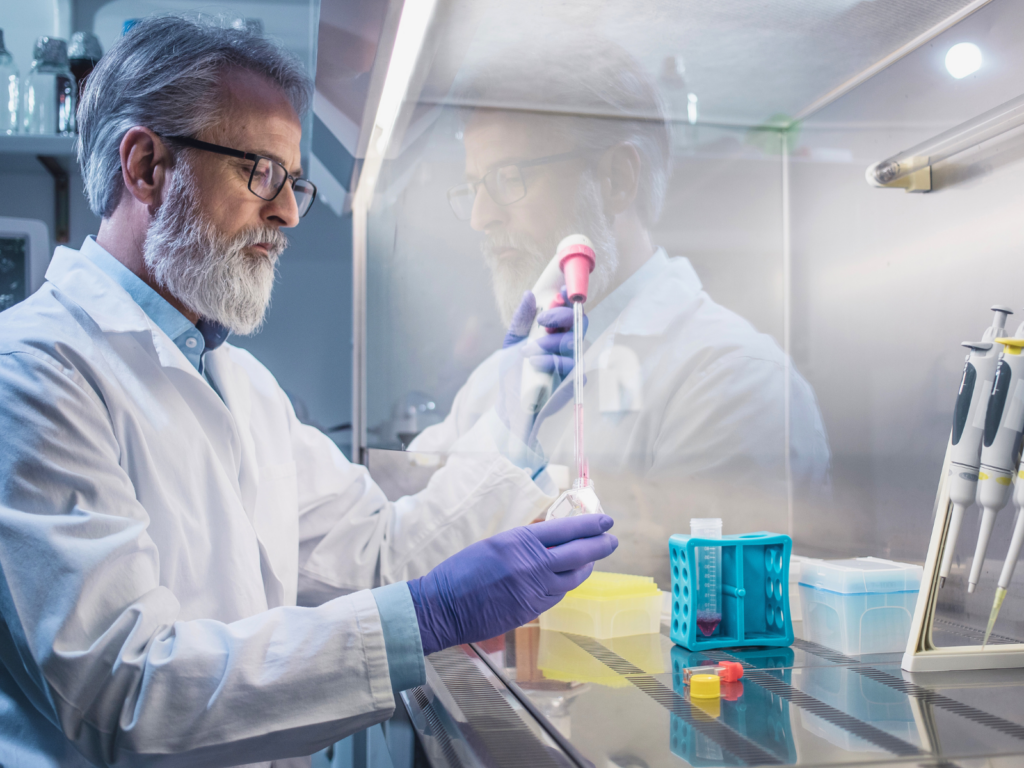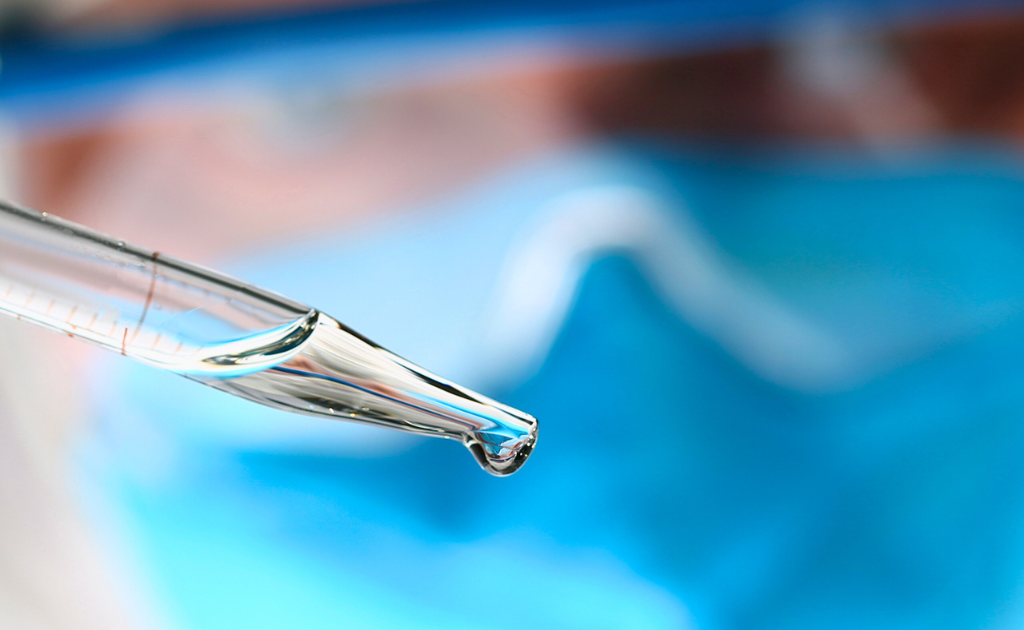World health organizations are responding to a pandemic of respiratory disease caused by a novel coronavirus known as SARS-CoV-2.
The virus was first identified in China, where the first outbreak was reported. However, the virus has spread to more than 145 countries, infected close to 170,000 individuals, and claimed the lives of more than 6,400 patients.
Coronavirus disease 2019 (COVID-19) is the name of the illness caused by the highly infectious SARS-CoV-2 virus. As of March 16, there are 4,556 confirmed cases of COVID-19 in the United States spanning 49 states as well as the District of Columbia. Sadly, the disease has claimed the lives of 85 patients.
Given the rate at which the disease is spreading, and the alarming discovery of community spread, the need for fast and accurate testing is imperative.
At Allometrics Inc, we calibrate the instruments being used by those performing COVID-19 testing. We also certify the clean rooms, Biological Safety Cabinets (BSCs) and controlled environments where testing can be done for COVID-19 also known as Coronavirus.
Given the rate at which the disease is spreading, and the alarming discovery of community spread, the need for fast and accurate testing is imperative.


Public Health Laboratory Testing for COVID-19
The Centers for Disease Control and Prevention has put in place a strict protocol for the testing of COVID-19 in the country.
The test used to identify and diagnose COVID-19 is known as the CDC 2019-nCoV Real-Time RT-PCR Diagnostic Panel.
Given the importance and the complexity of testing for COVID-19, testing in the United States is limited to those laboratories certified under the Clinical Laboratory Improvement Amendments of 1988 (CLIA), 42 U.S.C. § 263a.
CLIA regulations require laboratories to determine calibration procedures for each assay used in the laboratory.
Calibration is defined as the process of testing and adjusting an instrument readout for the purpose of establishing a correlation between the instrument’s measurement of the substance being tested and the actual concentration or amount of the material. Once calibrated, all assays need to be able to “hold calibration” and stay within tolerated limits.
Specimens collected for testing must be kept under strict temperature control. Samples can be stored in refrigeration at a temperature of 4°C for up to 72 hours. However, if a delay in extraction is expected, laboratories must store specimens at -70°C or lower. Likewise, extracted nucleic acids should be stored at -70°C or lower.
To conduct testing, laboratories must make use of the following equipment:
- PCR Workstation [UV lamp; Laminar flow (Class 100 HEPA filtered)]
- Microcentrifuge
- Vortex mixer
- Micropipettes (2 or 10 µl, 200 µl, and 1000 µl)
- Multichannel micropipettes (5-50 µl)
- -20°C and -70°C frost-free freezers; and 4°C refrigerators
- 2 x 96-well cold blocks
- Nucleic acid extraction system
- Real-time PCR detection system
Additionally, all testing must take place in a cleanroom environment to ensure workflow within the testing lab always goes from the clean area to the “dirty” area. To comply with this requisite, cleanroom certification is essential.
Testing labs and those working to find a vaccine that can help stop the spread of this deadly virus must ensure their equipment is correctly calibrated and that their calibration is NIST traceable.
For more than 40 years, Allometrics has been the trusted partner of medical, biomedical, and pharmaceutical labs across the country. In this time of crisis, we will continue to provide the best calibration and certification services to all entities actively involved in the fight against COVID-19.





